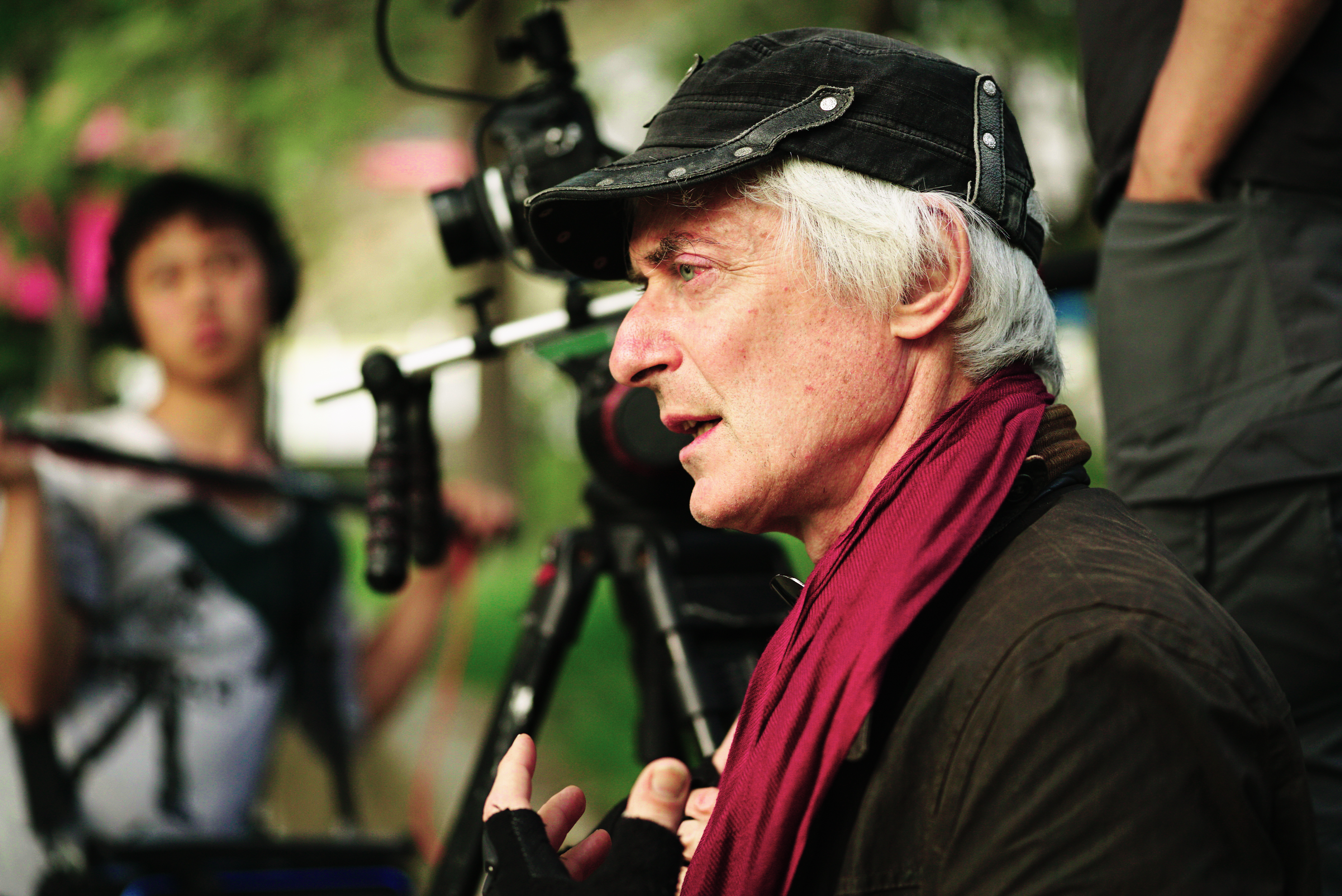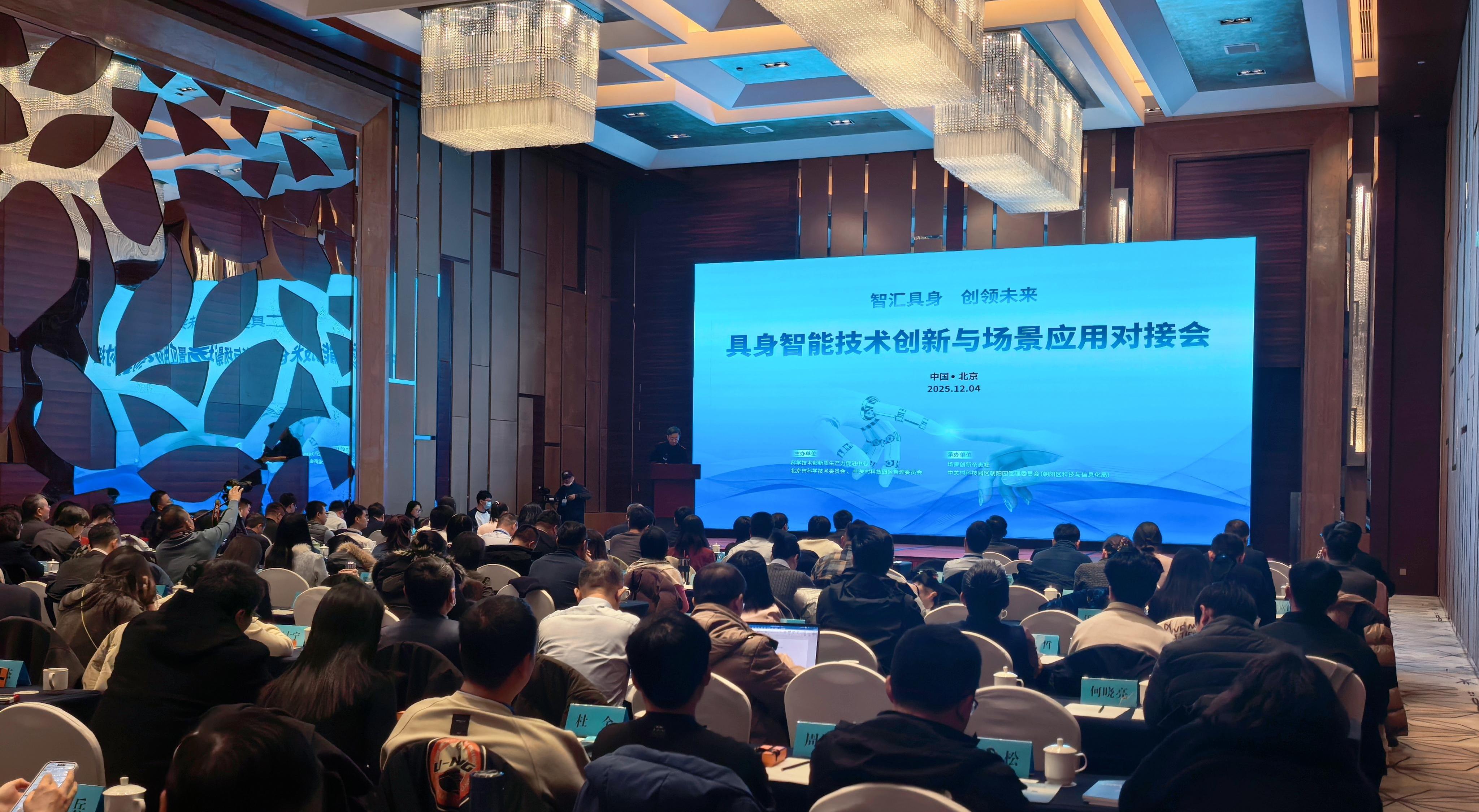Deeper Cultural Value of Kung Fu

By BI Weizi & LONG Yun
Laurence J. Brahm has many strings to his bow. The American is an international lawyer, author and award-winning documentary filmmaker, a senior international fellow at the Center for China and Globalization, founding director of the Himalayan Consensus Institute, and co-chair of the Silk Spice Road Dialogues convened by the United Nations Development Programme. In 2019, Brahm received the Chinese Government Friendship Award for his contributions to promoting traditional Chinese culture at global stage.
Recently, in an interview with Science and Technology Daily at his quadrangle courtyard in Beijing, Brahm shared his first-hand experience of China's rapid development and changes over the past four decades.
As a senior kung fu practitioner, he also expressed that kung fu is an efficient way to promote traditional Chinese culture across borders and build cultural confidence, so that China's ancient traditional culture can not only be shared with more Western readers but cultural barriers can also be broken and better communication achieved.
Love for China started young
In June 1981, Brahm arrived in Tianjin, China, for the first time, before moving to Hong Kong to study law and Chinese language. In 1983, he came to Beijing and was appointed head of the China department of a British law firm at the age of 26.
Talking about his love for China, Brahm said he was very inspired by Nixon's visit to China in 1972. "[From] the first images we saw of China on our television set, the feeling I had was that this was a country that was about to open up and take its place in the world, and I wanted to be part of that process," he said.
Brahm also recalled his childhood in New York City, where he spent a lot of time in Chinatown and was impressed by Chinese kung fu and other aspects of Chinese culture.
Kung fu diplomacy
In 1972, Ping-Pong Diplomacy opened the door for President Richard Nixon's visit to China and provided a blueprint for establishing diplomatic relations that was simple and straightforward at a time, when the world was becoming increasingly complicated.
Brahm suggested that Kung fu diplomacy, as a new kind of Ping-Pong Diplomacy in this era of global confusion, is "the fabric of people-to-people communication."
To reveal the essence behind Chinese kung fu, Brahm put his four decades of martial arts training experience in various styles, into directing a documentary film called Searching for Kung Fu, in an effort to explore the origins of martial arts.
"The journey through China's heritage of martial arts traditions led us to understand that it is not about fighting, but about striving, and that there are key values inherent in martial arts. These range from perseverance, loyalty, respect, roots and identity, harmony with nature, flow and, at the core of it all, non-violence," he said.
The values of kung fu should be recognized as universal values. "This is one of the things I have talked about extensively and openly expressed, that if you really want to influence the world, you should introduce kung fu to a wider audience.
All the values that are in Chinese culture can be found in kung fu," he said, adding there is a growing number of people globally who want to learn more about kung fu as a way to improve themselves.
According to Brahm, more attention should be paid to introduce the philosophy behind kung fu to the world. "There are a lot of good fighting skills in Western countries, but it's the philosophy [of king fu] that's so important. And from kung fu you can actually understand everything," he said.
That's why his team have dedicated themselves to promoting the importance of Chinese culture to more people, especially young people, around the world through books and movies.







